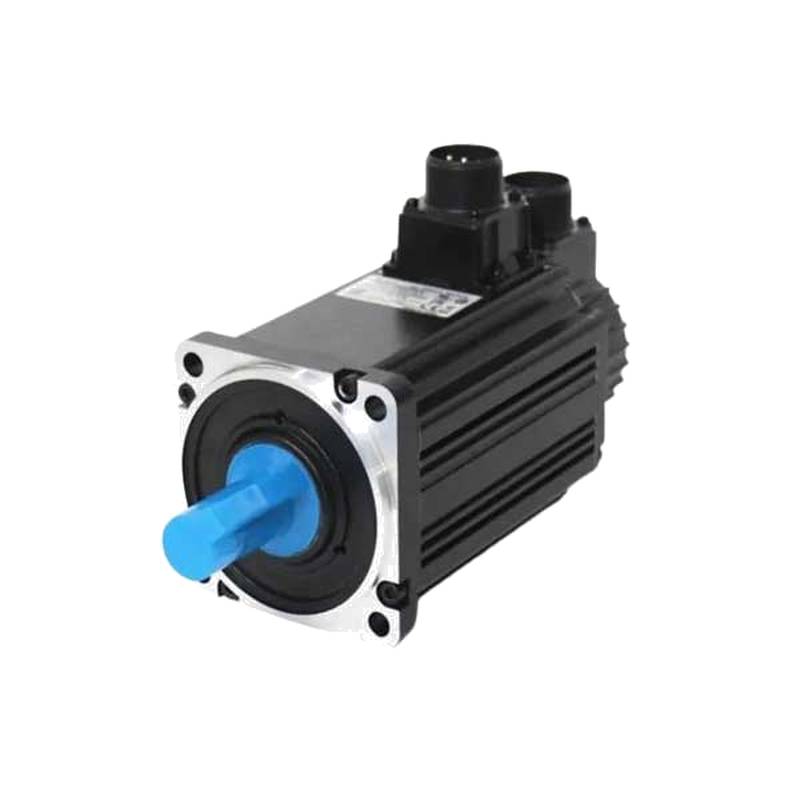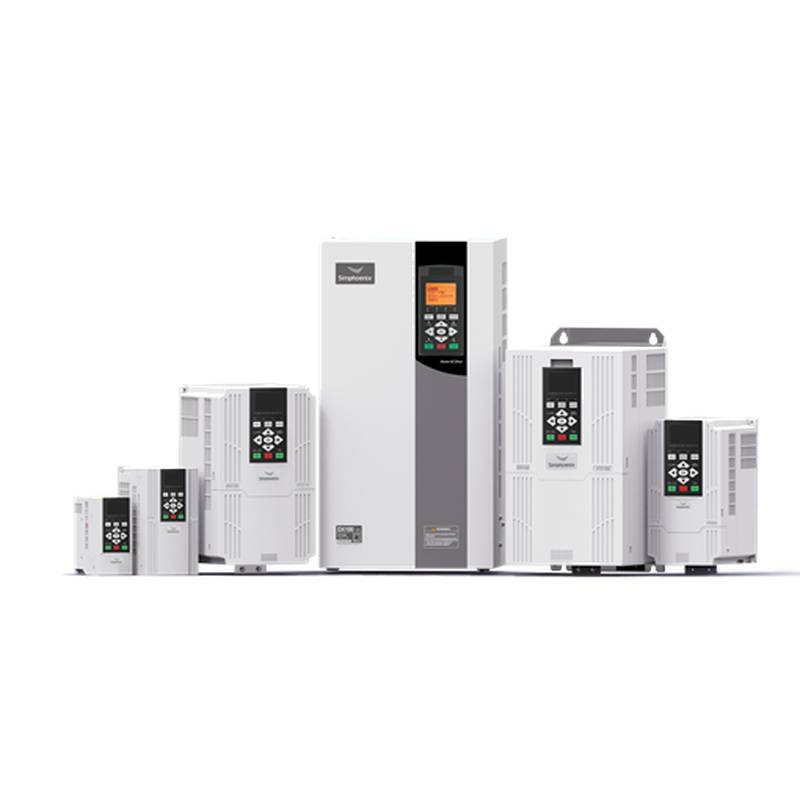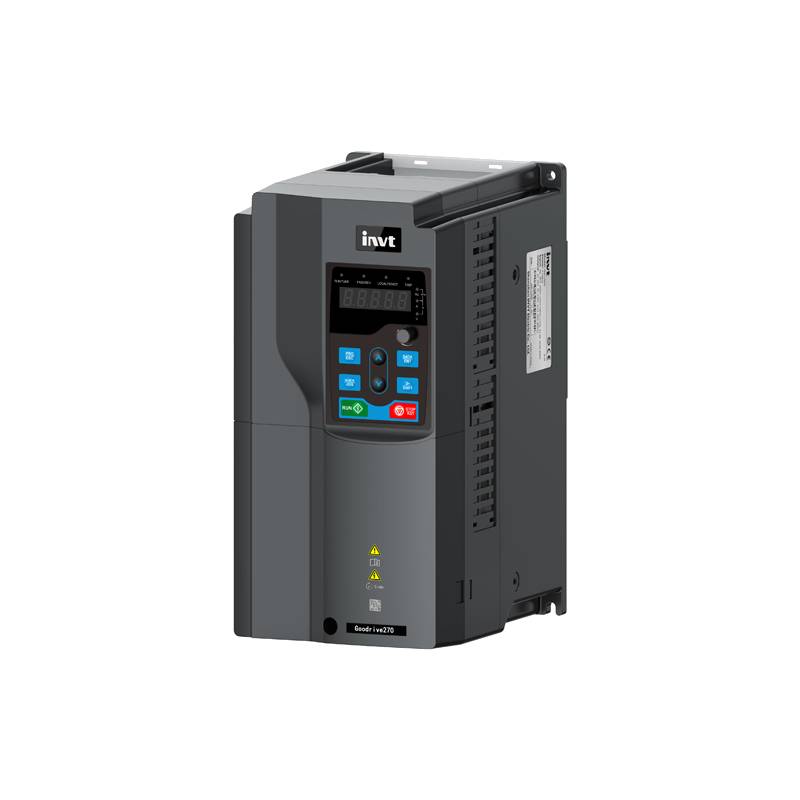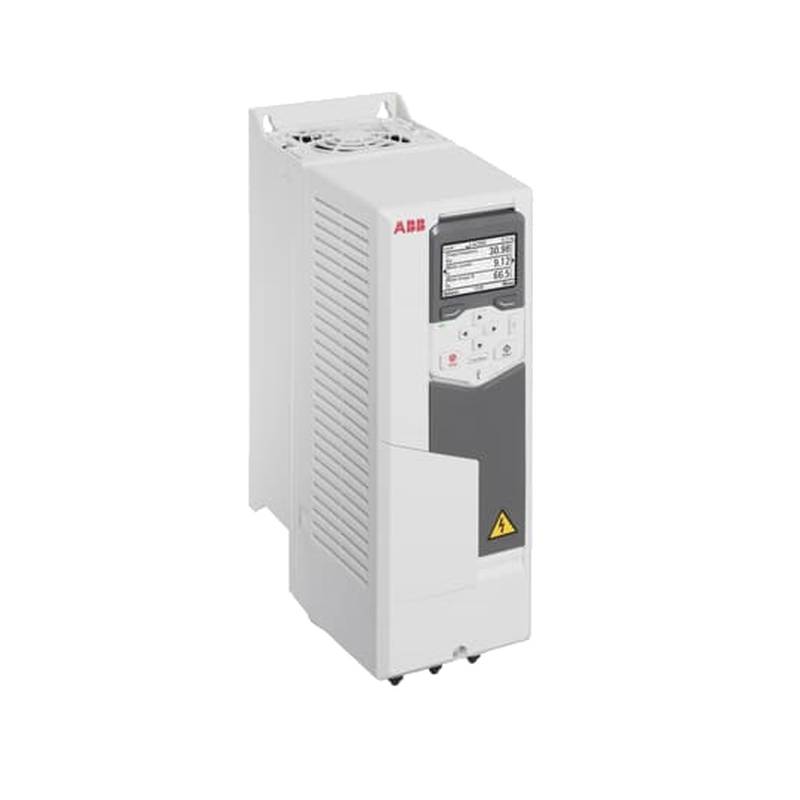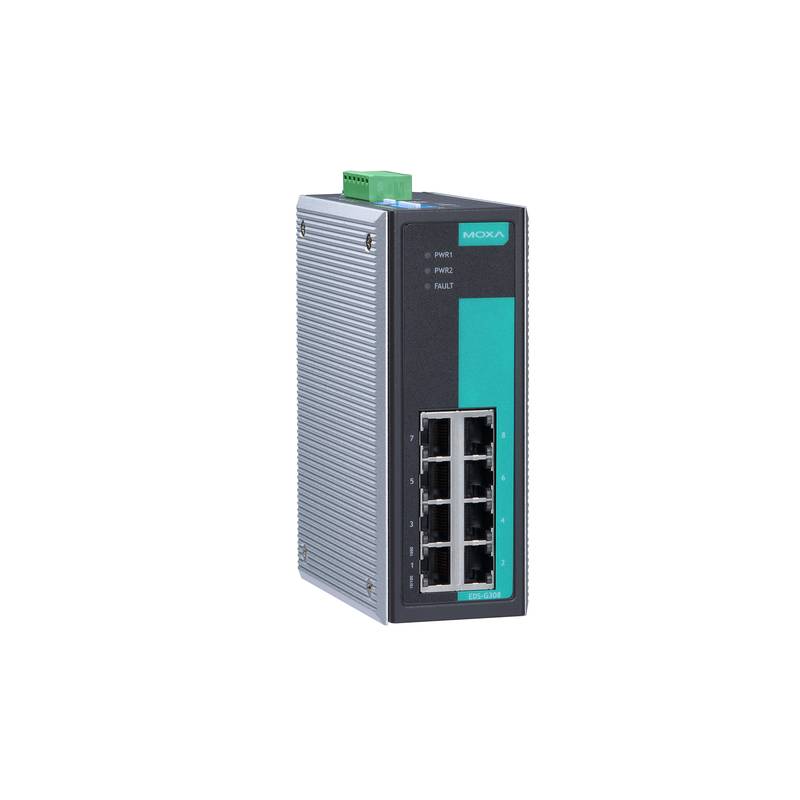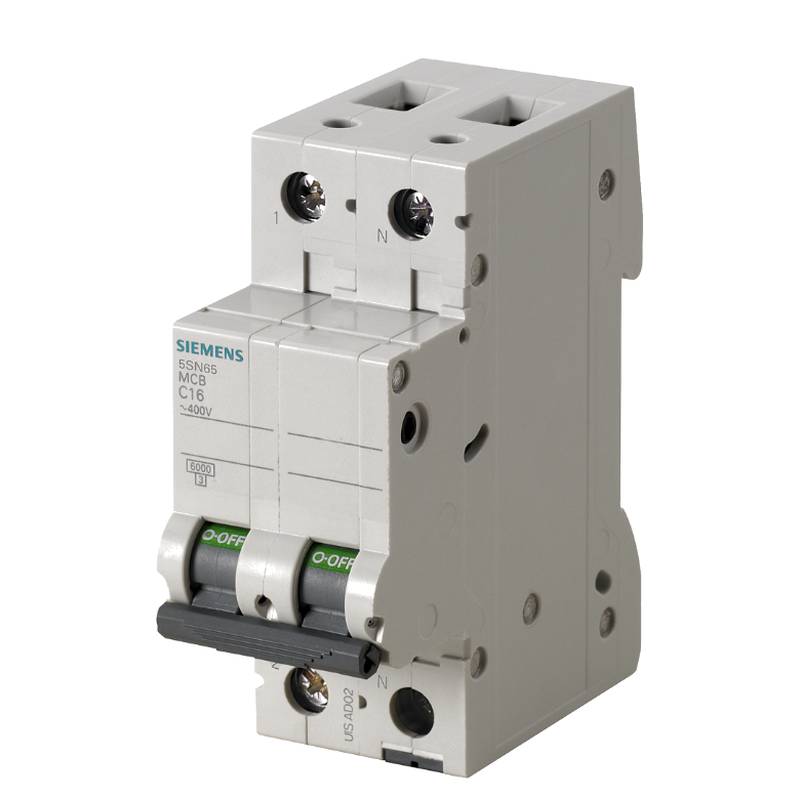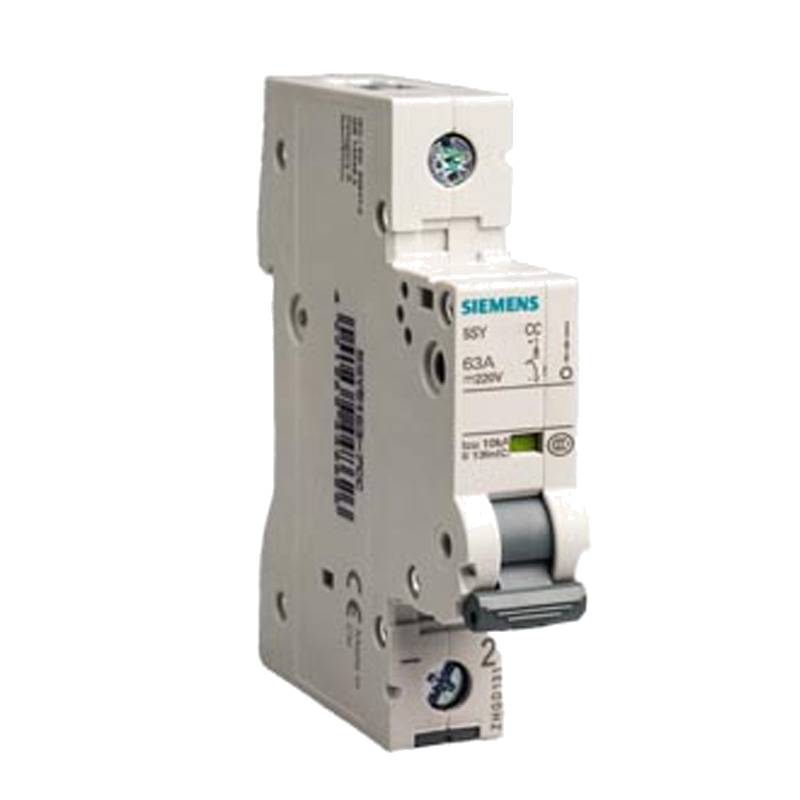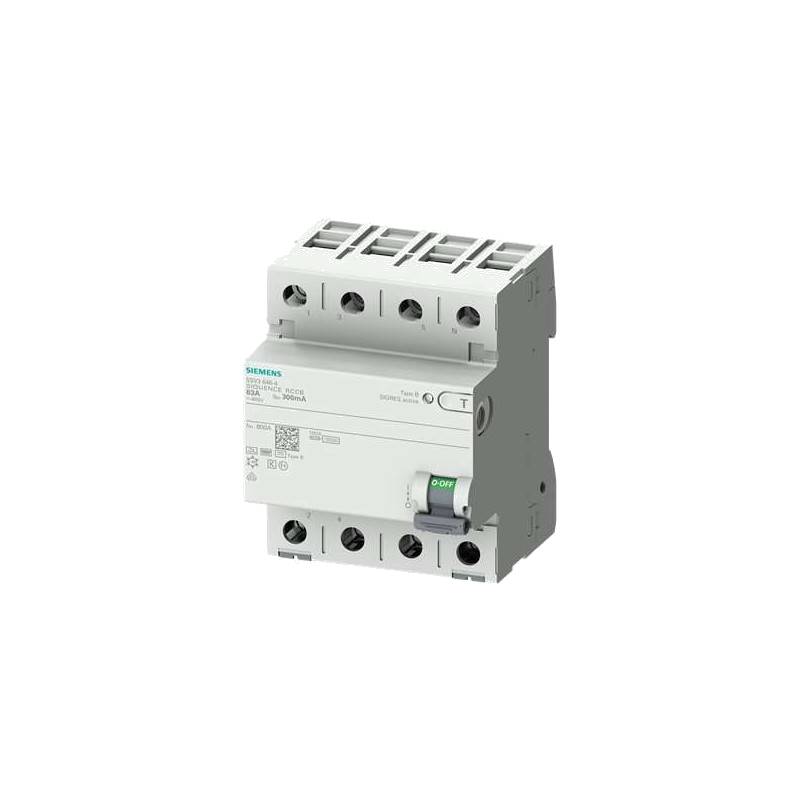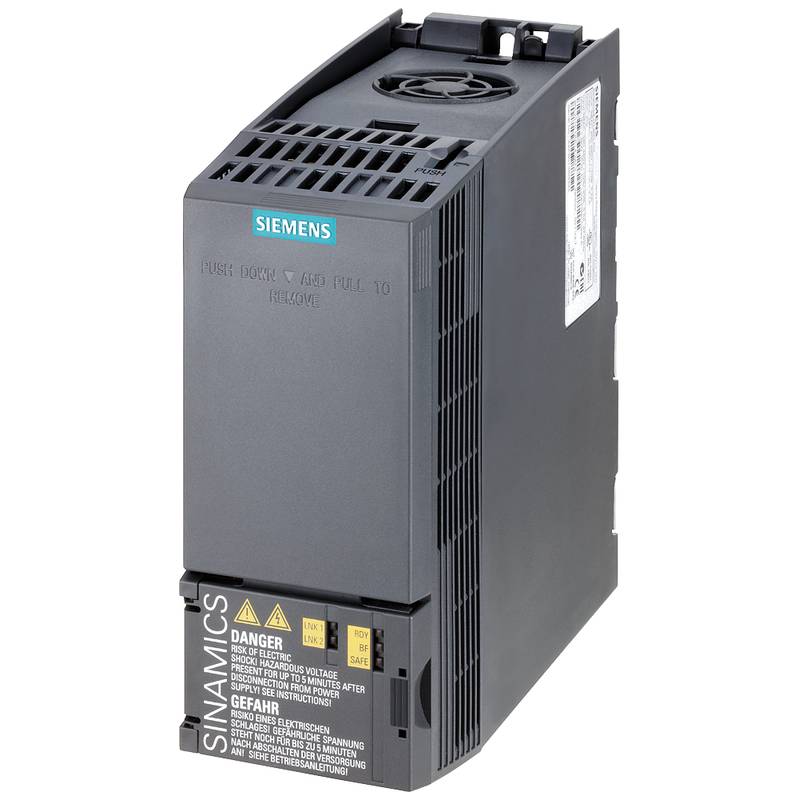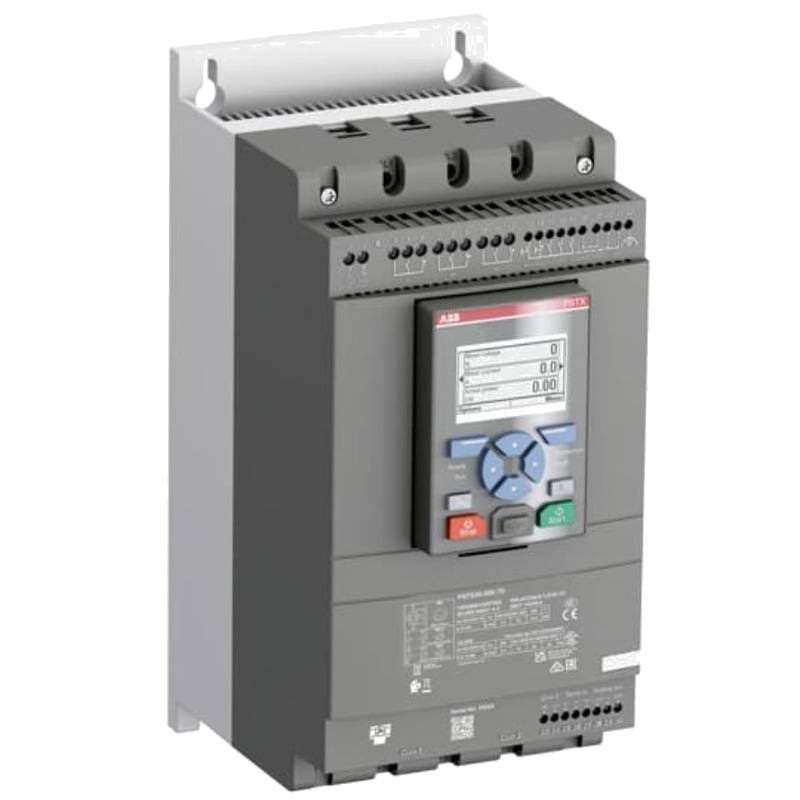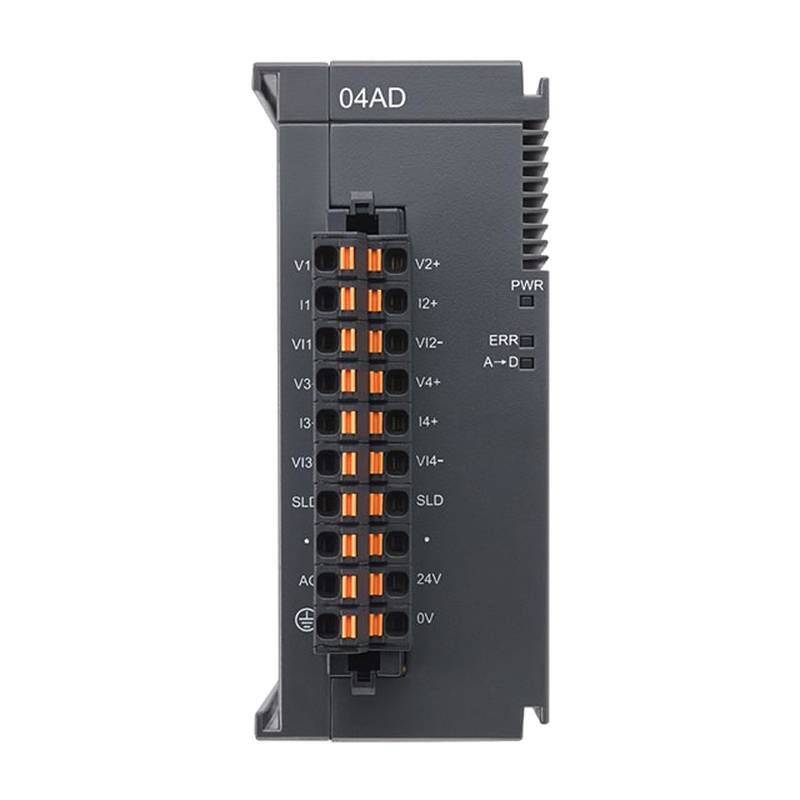
The Delta ECM-B3M-F21830RS1 is a low-inertia AC servo motor engineered for high-performance applications demanding precise motion control and rapid acceleration. This motor, a key component of Delta's ASDA-B3 servo system, delivers a rated power of 3 kW and operates at a maximum speed of 1500 RPM. Its design emphasizes low inertia, enabling exceptionally quick response times and superior trajectory tracking, crucial for advanced automation tasks. The ECM-B3M-F21830RS1 is characterized by its 24-bit encoder resolution, ensuring high accuracy in positioning and speed feedback. This motor is offered without a brake and boasts a rated torque of 19.1 N-m. Its compatibility with the ASDA-B3 servo drive further enhances its utility, providing a stable and efficient operation environment that optimizes production processes and output value.
Product Specifications
| Parameter | Value |
| :------------------ | :----------------- |
| Model | ECM-B3M-F21830RS1 |
| Type | AC Servo Motor |
| Series | ECM-B3M (Medium Inertia) |
| Rated Power | 3 kW |
| Rated Speed | 1500 RPM |
| Rated Torque | 19.1 N-m |
| Encoder Resolution | 24-Bit |
| Brake | No |
| Voltage | 220 VAC (3 Phase) |
| Output Current | 19.4 Arms |
Core Features & Market Positioning
The Delta ECM-B3M-F21830RS1 servo motor is positioned as a high-performance solution within Delta's advanced ASDA-B3 series. Its core advantage lies in its low inertia design, which translates directly into superior dynamic performance, enabling faster acceleration and deceleration cycles. This characteristic is paramount in applications where rapid and precise movements are essential, setting it apart from higher-inertia motors that may exhibit slower response times. The 24-bit encoder provides exceptional positional accuracy, a critical factor for sophisticated manufacturing processes. Furthermore, its compatibility with the ASDA-B3 servo drive ensures seamless integration and optimized performance, offering a complete motion control solution that enhances machining efficiency and overall industrial upgrade capabilities. This combination of speed, precision, and system integration capabilities makes the ECM-B3M-F21830RS1 a compelling choice for demanding industrial automation scenarios.
Key Application Scenarios
The robust performance and precise control offered by the Delta ECM-B3M-F21830RS1 servo motor make it ideally suited for a wide array of demanding industrial applications. Its low inertia and high responsiveness are particularly beneficial in high-speed pick-and-place operations, crucial for automated assembly lines and packaging machinery where cycle time is a critical metric. In CNC machining and precision grinding, the motor's ability to maintain tight tolerances and execute intricate tool paths ensures high-quality finishes and process consistency. It is also a strong candidate for robotics, enabling fluid and accurate manipulator movements in tasks ranging from intricate assembly to material handling. Furthermore, its application extends to winding machines and sophisticated textile machinery, where controlled tension and precise material feed are vital. The motor's capacity for high-speed operation and accurate positioning also supports advanced semiconductor manufacturing equipment and complex automated inspection systems.
Practical System Integration Guidance
Integrating the Delta ECM-B3M-F21830RS1 servo motor into an industrial system primarily involves connecting it to a compatible Delta ASDA-B3 series servo drive. The motor typically features a standard power connector and an encoder feedback connector; ensure these are securely mated to the corresponding ports on the servo drive. Wiring for the servo drive will depend on the control mode, which can be pulse train (for position control) or analog voltage (for speed control). For pulse train operation, a PLC with high-speed transistor outputs is recommended for accurate position commands. The ASDA-B3 series drives support high-speed fieldbus communication, such as EtherCAT, which simplifies wiring and improves synchronization between multiple axes, reducing installation and inspection time. Delta also provides configuration software, like ASDA-Soft, which aids in parameter setting, tuning, and system diagnostics, ensuring optimal performance and ease of commissioning. Proper grounding and shielding of cables are essential to mitigate electromagnetic interference and ensure signal integrity.
Operation and Risk Mitigation
Safe operation of the Delta ECM-B3M-F21830RS1 servo motor, when paired with its ASDA-B3 servo drive, necessitates adherence to established safety protocols. Ensure that all personnel involved in installation, operation, or maintenance are adequately trained and understand the potential hazards associated with high-speed rotating machinery. Before commissioning, verify that all wiring connections are secure and correct, and that the motor and drive are properly grounded to prevent electrical shock and interference. During operation, monitor for any unusual noises, vibrations, or excessive heat, which could indicate a fault condition requiring immediate attention. While specific fault codes are detailed in the ASDA-B3 servo drive manual, common troubleshooting steps often involve checking encoder connections, verifying parameter settings, and confirming adequate power supply. For instance, abnormal motor behavior might stem from incorrect gain tuning or inadequate system rigidity, which can be addressed through the drive's auto-tuning functions or mechanical adjustments.
Scalability & Long-Term Value
The Delta ECM-B3M-F21830RS1 servo motor offers significant scalability and long-term value, particularly through its integration with the broader Delta ASDA-B3 servo system and its alignment with Industry 4.0/5.0 principles. The ASDA-B3 series drives are designed for multi-axis control and can interface with a vast number of remote I/O modules through a single wiring harness, simplifying complex system expansions. Compatibility with older ASDA-A2 and ASDA-A3 series models also provides a degree of backward compatibility, facilitating upgrades or expansions of existing Delta servo installations. Furthermore, the motor and its associated drive system can be integrated into IIoT platforms. Recent advancements in predictive maintenance, utilizing acoustic data and deep learning for anomaly detection and fault forecasting on Delta servo motors (including the B3 series), highlight the potential for enhanced operational efficiency and reduced downtime in smart manufacturing environments. This focus on intelligent monitoring and data-driven maintenance ensures the ECM-B3M-F21830RS1 remains a valuable asset throughout its operational life.
Frequently Asked Questions
Q1: What are the primary advantages of the Delta ECM-B3M-F21830RS1 servo motor?
This low-inertia motor excels in rapid acceleration and deceleration due to its design. It offers high precision and responsiveness, ideal for dynamic applications. Its 24-bit encoder ensures superior positional accuracy.
The motor provides excellent trajectory tracking capabilities, crucial for complex motion profiles. It integrates seamlessly with Delta's ASDA-B3 servo drives for optimized system performance.
Its compatibility with advanced control features and potential for IIoT integration ensures long-term value and scalability.
Q2: What technical specifications are most important for the ECM-B3M-F21830RS1?
Key specifications include its 3 kW rated power and 1500 RPM rated speed. The low inertia is critical for dynamic performance.
Its 19.1 N-m rated torque and 24-bit encoder resolution are vital for precise control and positioning. The absence of a brake is also a defining characteristic.
Compatibility with the ASDA-B3 servo drive and 220 VAC (3-phase) power requirement are essential for system integration.
Q3: What industries or applications commonly utilize the Delta ECM-B3M-F21830RS1?
This motor is ideal for high-speed pick-and-place operations in automated assembly and packaging. It is also used in precision CNC machining for high-quality finishes.
Robotics applications benefit from its fluid and accurate manipulator movements. It's suited for winding machinery and complex textile equipment requiring precise tension control.
Advanced semiconductor manufacturing and automated inspection systems also leverage its performance.
Q4: How does the low inertia of the ECM-B3M-F21830RS1 benefit its performance?
Low inertia allows for extremely fast acceleration and deceleration cycles. This results in shorter overall motion times and increased throughput.
It enables more precise and responsive adjustments to motion commands, enhancing accuracy in dynamic applications. The motor can quickly change direction or speed without significant overshoot.
This characteristic is crucial for tasks demanding high dynamic performance and precise trajectory following, such as in high-speed robotics or intricate machining.
Q5: What is the role of the 24-bit encoder in this servo motor?
The 24-bit encoder provides a very high resolution for feedback signals. This translates to exceptionally precise position and speed detection.
With this high resolution, the servo drive can command finer movements and maintain tighter control over the motor's position. This is vital for applications requiring sub-micron accuracy.
It ensures minimal error in feedback, leading to improved overall system accuracy and repeatability in demanding automation tasks.
Q6: Is the Delta ECM-B3M-F21830RS1 compatible with older Delta servo drive series?
The ASDA-B3 series drives are compatible with older ASDA-A2 and ASDA-A3 series models. This ensures some level of backward compatibility for upgrades.
This compatibility can simplify the process of integrating new motors into existing Delta servo installations. It allows for phased upgrades and system expansions.
When upgrading, always consult the specific drive and motor documentation for compatibility details and any necessary parameter adjustments.
Q7: Can this servo motor be integrated into Industry 4.0 or IIoT systems?
Yes, the Delta ECM-B3M-F21830RS1, as part of the ASDA-B3 system, can be integrated into IIoT platforms. This allows for remote monitoring and control.
Advanced predictive maintenance strategies are being developed for Delta servo motors, including the B3 series, using data analytics. This enhances operational efficiency and reduces downtime.
Integration into smart manufacturing environments allows for data-driven optimization and proactive maintenance, ensuring long-term system value.
Q8: What are the typical wiring considerations for connecting the ECM-B3M-F21830RS1 to its drive?
Connect the motor's power and encoder cables securely to the corresponding ports on the ASDA-B3 servo drive. Proper mating is crucial for reliable operation.
For control, the drive supports pulse train (position) or analog voltage (speed) inputs, requiring appropriate cabling from a controller like a PLC. High-speed outputs from the PLC are recommended for pulse train control.
Ensure all cables are properly grounded and shielded to prevent electromagnetic interference and maintain signal integrity.
Q9: Does the ECM-B3M-F21830RS1 come with a brake?
No, the Delta ECM-B3M-F21830RS1 model is specified as being without a brake. This characteristic is important for specific application requirements where an external braking system might be employed or is not needed.
When selecting a servo motor, the presence or absence of a brake is a critical factor depending on whether the application requires holding torque when the motor is de-energized or if braking is managed by other system components.
For applications requiring holding torque, alternative models with brakes or external braking solutions should be considered.
Q10: What kind of software is used for configuring and tuning the Delta ECM-B3M-F21830RS1 and its drive?
Delta provides specialized software, such as ASDA-Soft, for configuring and tuning the ASDA-B3 servo system, which includes the ECM-B3M-F21830RS1 motor. This software facilitates parameter setup and system diagnostics.
The ASDA-Soft application enables users to perform auto-tuning, optimize motion profiles, and set up various control modes (e.g., speed, position). It is instrumental in achieving optimal system performance and responsiveness.
Utilizing this dedicated software is essential for efficient commissioning, performance tuning, and troubleshooting of the servo system, ensuring the motor operates at its peak potential.














